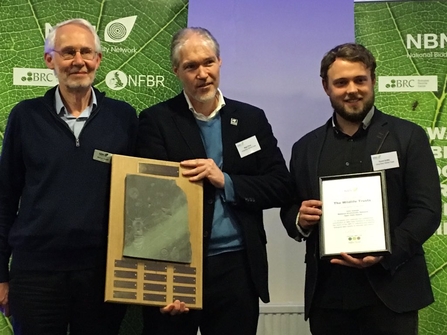David Attenborough opened the BBC documentary series Blue Planet II by saying “The oceans cover 70% of the surface of our planet, and yet they are still the least explored. Hidden beneath the waves, there are creatures beyond our imagination.” The programme went on to reveal many of these hidden wonders, but an incredible number more have never been encountered by humans at all.
The UK coastline has its own unchartered territories. While we may have mapped, scanned and sampled much of our seas, there are still areas that remain mysterious, with too little data to really understand them. And what we don’t understand, we cannot protect. There were sites that we believed would make good candidates for designation as Marine Conservation Zones, but a lack of data was holding them back.
And then we secured funding to explore these areas, using a team of divers. Delighted, we immediately began consulting with Wildlife Trusts across England to determine which sites the team would survey first – after all, each dive takes a lot of organisation.







